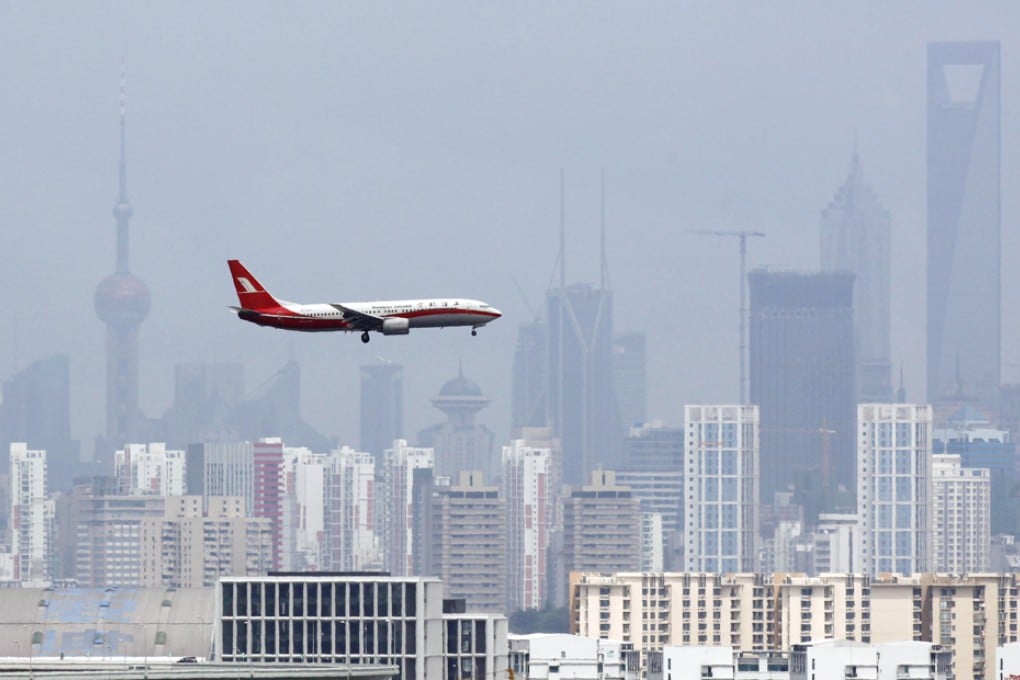Beijing to streamline approval time for private jets
Beijing aims to give aviation a lift by streamlining the time it takes to approve low-altitude flights for private and commercial jets.

Beijing aims to give aviation a lift by streamlining the time it takes to approve low-altitude flights for private and commercial jets.

The changes, which apply to all civilian flights except those by scheduled passenger airlines, will be covered in national aviation legislation due to be drafted next year. The mainland has 226 general aviation companies and 1,786 general aircraft, according to the Civil Aviation Administration of China (CAAC). The number of aircraft is expected to surpass 5,000 in six years, with an annual growth of 19 per cent, the CAAC's deputy director Wang Zhiqing told Xinhua.
General aircraft, which range from helicopters to private jets, are designed to operate mainly in low-altitude airspace - 1,000 metres or below - but getting off the ground is not easy because the airspace is tightly controlled by the military.
Any application for such flights, including ones for emergency search and rescue efforts, usually needs to be approved by various authorities, including the military, the CAAC and even local governments.
The report said the changes would be modelled on a trial programme launched in 12 cities, including Guangzhou and Shenyang , which takes the military out of the approval process.